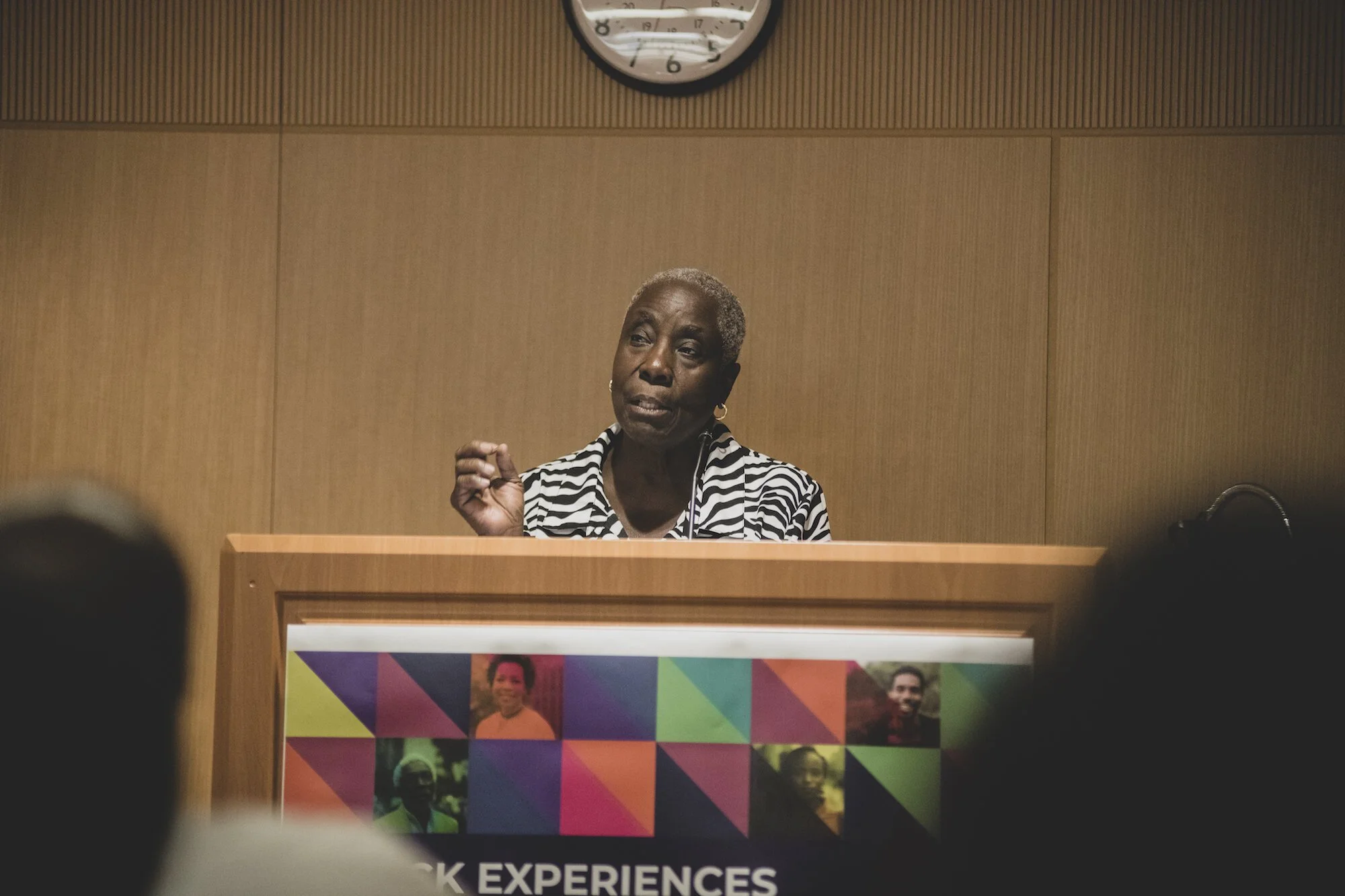A Path Forward to Improve Black Health in Ontario
Takeaways from Camille Orridge’s Keynote at Black Experiences in Health Care Symposium
Camille Orridge, Senior Fellow at Wellesley Institute, activist, major influencer in Ontario health care, and trailblazer in Black health equity set the tone for the Black Experiences in Health Care Symposium with a powerful and instructive opening keynote.
“When I first came to Canada there was not significant funding for healthcare programs for Black people. There were few services that were for and by Black people. So we built those programs from the ground up,” Camille shared of how much the system has evolved. The progress she’s witnessed (and led) over the course of her career are impressive. Great strides have been made by organizations like TAIBU, Queen West, Women’s Health in Women’s Hands, and Black Health Alliance’s partnership project Pathways to Care. Enhanced services and supports have made a big difference for many community members, but Camille called attendees to action throughout her keynote, stating succinctly, “the work is not done.”
Camille’s extensive experience in leadership roles and organizations has allowed her to see the broad landscape of the Ontario health system. Amongst such progress, there is still room for improvement in terms of access and outcomes for services and care.
“What I see is Black health being kept at the margins of the current system,” she said. The differences in outcomes for Black people and other marginalized communities can no longer be overlooked in creating an equitable and effective system of care.
“It’s time to set the bar higher. It’s time to hold the system accountable for changes that are long overdue,”
Camille said. Here are a few ways she recommends pushing forward.
Recognize Diversity of Experiences
Black culture is not a monolithic or universal experience, it’s a huge mix of distinct cultures. We need to recognize that the system is providing care for a diverse people with diverse needs and service requirements. Working as a community is essential for meaningful change and community members will bring different perspectives and talents to contribute.
“I am calling on everyone in this room to see your role, and that role will be different for everyone. In my version of the future – an activist’s vision of the future – it’s about communities banding together to amplify our voices.”
Data is a Tool
Data can provide the foundation for action. It creates a clear way to demand action and hold the system accountable. It’s not a solution, but a powerful tool on the path to change.
“What is the health outcome of a Black individual? How do they access or experience care? Is it the same as their white counterpart? Why not? These are the questions that every health leader in this province should be able to answer - and every board of directors. The reality is that we mostly don’t collect this data. We aggregate health data in a way that obscures what’s going on.”
Accountability is Essential
The system needs to be reconfigured to be held accountable to meet everyone’s health needs – across generations, sexual orientations, races, and immigration statuses. It also must be held accountable in terms of how it frames equity work. The arms-length approach we have now simply isn’t good enough and produces arms-length results.
“We need a system – and health system leaders – who are directly accountable to the communities they serve. We need to hold healthcare providers accountable – for everybody’s care, for everybody’s outcomes, and for everybody’s experience.”
Alliances Move the Needle
We need to look to alliances and partnerships to make change happen, strengthen calls for change, and amplify our voices for collective benefits. Together, we can move past the service level and unite on the common ground shared with Indigenous, Asian, refugee, and LGBTQ+ health initiatives.
“We can strengthen our call for action by joining forces.”
Black Health in Every Corner of the System
Beyond community programs, which are essential and where Black health has made the most impact, every part of health care needs to be influenced by Black health.
“We need services that speak directly to our health needs – cradle to grave. We need access that doesn’t create barriers.”
Funding is Scarce and Political
Black health funding has been meagre, channeled mostly toward community programs. It’s useful support, but ultimately fails to solve the systemic issues that leave mainstream providers with ample funding and minimal accountability to community care needs.
“That funding can’t meet all our health needs, it is mostly for programs. It is used to silence us.”
We Need Black Decision Makers and Leaders
The work can only progress so far without Black leadership at the decision-making tables. That leadership is closely linked to accountability. Representation matters and having the Black health perspective across roles and disciplines is necessary to truly reflect and transform the system.
“People design healthcare around their own experiences and for their own needs - and that is not our experience or our need.”
Where do we go from here?
Setting the stage for a day of community conversations and planning, Camille identified three major guideposts for success and change. She noted that we need:
To organize so that the system is held accountable
To insist that data is collected to make our case
A place at the decision-making table so that our voices are heard
With a long road ahead, Camille turned to the audience with an ask and an offer: “To the young leaders in the room: you can accomplish a lot. Pick your battles but hold your course. I have stood on the shoulders of the leaders that came before me. It is from their shoulders that I offer you mine.”





